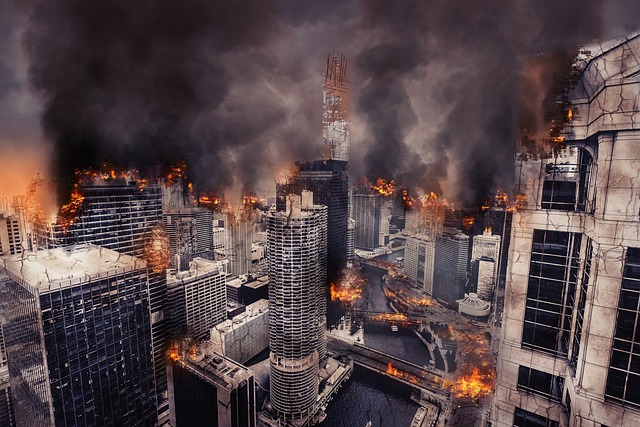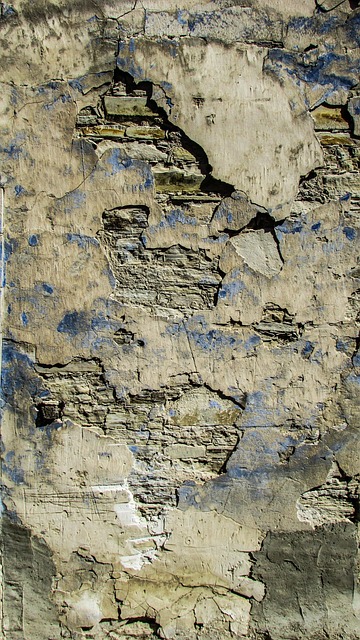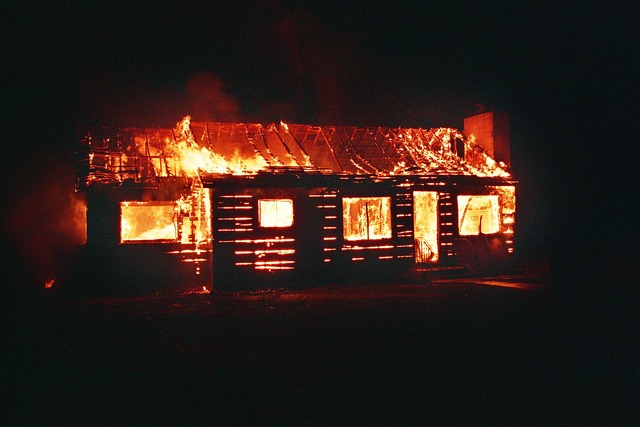Selling a fire-damaged house in Chicago requires adherence to specific regulations by professional property appraisers who assess structural damage, emotional impact on homeowners, and local market trends. Their meticulous reports guide sellers in setting competitive prices while providing buyers with crucial insights into potential repairs, facilitating informed decisions in the bustling Chicago real estate market. Engaging these experts ensures a fair process, accurate insurance payouts, and successful transition for all involved parties when selling fire-damaged properties.
In the dynamic Chicago real estate market, selling a fire-damaged house presents unique challenges. This comprehensive guide delves into the intricacies of Illinois property appraisal regulations specifically tailored for such properties. We explore the crucial role appraisers play in facilitating transactions, offering insights on navigating legal considerations and insurance claims. Whether you’re a homeowner or an agent, understanding these processes is essential to restoring value and successfully selling your fire-damaged residence in Chicago.
- Understanding Illinois Property Appraisal Regulations for Fire-Damaged Homes
- The Role of Appraisers in Chicago's Real Estate Market: Selling Fire-Damaged Properties
- Evaluating Damage and Restoring Value: A Guide for Homeowners Selling After a Fire
- Legal Considerations and Insurance Claims: Navigating the Process of Selling a Fire-Damaged House in Chicago
Understanding Illinois Property Appraisal Regulations for Fire-Damaged Homes

In Illinois, particularly when selling a fire-damaged house in Chicago, property appraisers face specific regulations to ensure accurate valuations. These guidelines are crucial for homeowners and real estate agents alike, as they provide a transparent and fair process during the post-fire recovery. The state has established standards that appraisers must adhere to, focusing on the unique challenges presented by fire-damaged properties.
When assessing these homes, appraisers should consider not only the physical repairs needed but also the emotional and financial stress endured by owners. They are required to document every aspect of the damage, from structural integrity issues to smoke and water stains. This meticulous process ensures that selling prices reflect the actual state of the property, providing a clear picture for buyers in Chicago’s real estate market.
The Role of Appraisers in Chicago's Real Estate Market: Selling Fire-Damaged Properties

In Chicago’s competitive real estate market, Illinois property appraisers play a pivotal role, especially when it comes to selling fire-damaged properties. These professionals are crucial in accurately assessing and valuing homes that have been affected by fires, which is essential for both sellers and buyers alike. When a house has suffered damage due to a fire, an appraiser’s expertise is needed to determine the property’s current market value. This process involves meticulous inspection, detailed reporting, and an understanding of local real estate trends, ensuring a fair and transparent sale.
By assessing the extent of damage and considering factors like rebuilding costs, replacement values, and potential incentives offered by insurance companies, appraisers help sellers set competitive listing prices. For buyers, they provide valuable insights into the property’s condition and potential repair requirements, enabling informed decision-making. This is particularly important in Chicago, where the real estate market is bustling with both traditional homes and unique properties, including those that have endured fires.
Evaluating Damage and Restoring Value: A Guide for Homeowners Selling After a Fire

When facing the sale of a fire-damaged home in Chicago, understanding the process of evaluating and restoring its value is crucial for homeowners. Property appraisers play a significant role in this journey, offering professional insights to help determine the market worth of your asset post-fire. They carefully assess the extent of damage, considering structural integrity, visible repairs needed, and potential hidden issues that may have been exposed by the incident.
A fire can leave behind remnants of smoke, soot, and water damage, all of which impact a property’s appeal and value. Appraisers must navigate this complex landscape, examining each room and its unique vulnerabilities. They document findings, providing a detailed report that includes recommendations for necessary repairs, replacements, or renovations to restore the house to its pre-fire condition—or even enhance it, depending on the circumstances. This guide aids homeowners in making informed decisions as they prepare their Chicago property for the market after a fire.
Legal Considerations and Insurance Claims: Navigating the Process of Selling a Fire-Damaged House in Chicago

When selling a fire-damaged house in Chicago, understanding legal considerations and insurance claims is crucial for a smooth process. Property appraisers play a vital role here by assessing the extent of damage and determining the house’s current value. In Chicago, appraisers must adhere to specific guidelines and regulations, especially when dealing with fire damage, which can significantly impact a property’s worth. They meticulously document the repairs needed, compare similar properties in the area that have recently sold, and consider factors like the age of the house, its condition before the fire, and the cost of restoration.
In the event of an insurance claim, communication between the homeowner, appraiser, and insurance company is essential. The appraisal report serves as a key document during this navigation process, ensuring that the insurance payout aligns with the actual repair costs. For selling a fire-damaged house in Chicago, it’s important to work with professionals who understand these complexities, ensuring a fair and accurate assessment that facilitates a successful transition for both the homeowner and buyer.
When navigating the sale of a fire-damaged house in Chicago, understanding the unique regulations and involving experienced appraisers is key. The process requires careful evaluation of damage, legal knowledge, and strategic navigation of insurance claims. By following the guidelines outlined in this article—from evaluating restoration needs to understanding your rights—you can ensure a smoother transition during the selling of your fire-damaged property in Chicago.






